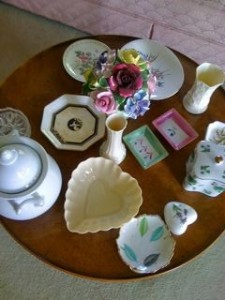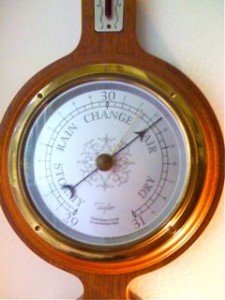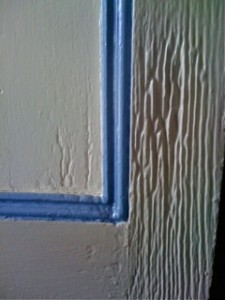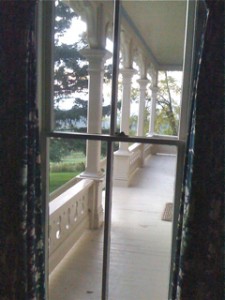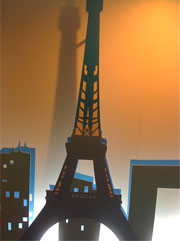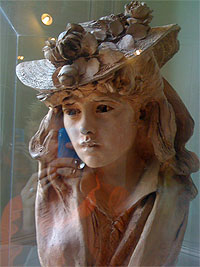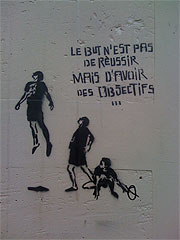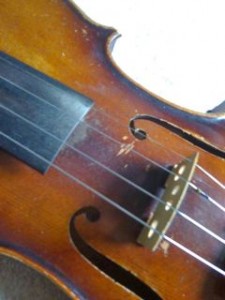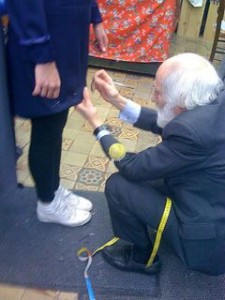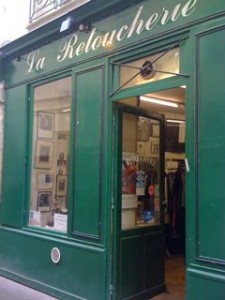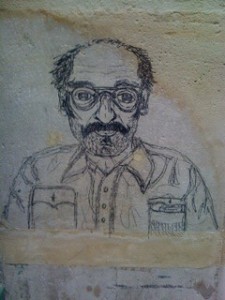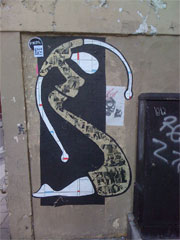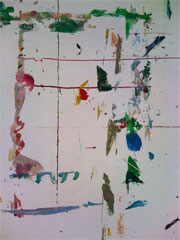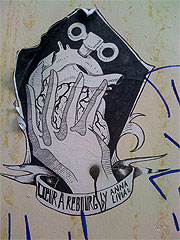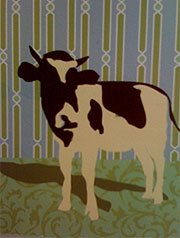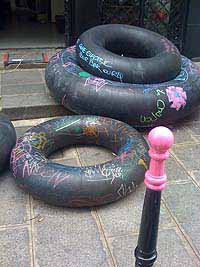Little Vermin
The little vermin choose always the most inopportune time to visit, when things are busy and De-facto’s out of town. I’m speaking of lice. It’s inescapable. Every year, once the girls are back in school, one of them starts scratching repeatedly and absent-mindedly and I put my aging eyes to work to inspect a scalp for tiny parasites. Before long, the other one is scratching, too.
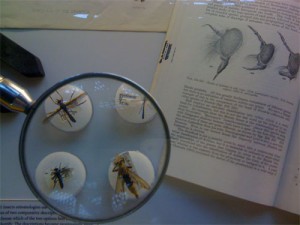
I remember being horrified the first time they got lice. Somehow, I escaped this childhood pestilence, so it seemed even more plague-like to encounter it with my own children. How was I supposed to get rid of it? How did they even get it? Was it a reflection on our hygiene at home? After some intense Googling, I learned that lice do not discriminate: they like all heads, dirty or clean. Maybe even the clean ones are more alluring, like being the first to move into a new cul-de-sac of McMansions.
“Bad news, mama,” Buddy-roo said to me, running into my arms outside the school, “I have les poux!”
This news made my heart sink. In a flash, I saw ahead of me an entirely new itinerary for the evening. It didn’t matter that I’d planned to do a little clothes-shopping together and guide them through their homework while preparing dinner before an out-of-town-guest arrived. The entire night was now hijacked. A panicked trip to the pharmacy to pick up the latest and least-toxic-as-possible de-lousing treatment, sheets and pillowcases stripped off the beds and thrown into the hottest-water wash, and hours of picking over the head and behind the ears, through every strand of hair with the metal-toothed comb. The quiche I intended to bake would become a call to Pink Flamingo Pizza. Homework would get pushed until after dinner and bedtime delayed. Wine consumption would, no doubt, increase. Those few little things I didn’t get to today, but I hoped to take care after the kids were in bed and the dinner guest was gone: they’d never get gotten to. Once the children were horizontal, that’s all I’d have stamina to achieve myself.
Buddy-roo deserves much credit, though. It is most unpleasant to have little bugs crawling in your hair and just as awful to sit still for the hours it takes to have an oily product combed through repetitively and the nits and bugs removed one-by-one, or as in her apparently advanced case, bunch-by-bunch. Somehow we hadn’t noticed the scratching, which had probably been going on for days because she was seriously infested. She remained unusually un-dramatic, a very good thing because there were so many lice in her hair that I was nauseous – and I usually handle bugs and spiders fearlessly. I was so overwhelmed by the volume of lice and nits that it took every ounce of control not to drop my head and sob in despair. How will I ever get it all out? is what I kept thinking to myself. “You’re doing great,” is what I said out loud to her, in my chirpiest voice, “we just gotta keep at it.”
Somehow we hadn’t noticed the scratching, which had probably been going on for days because she was seriously infested. She remained unusually un-dramatic, a very good thing because there were so many lice in her hair that I was nauseous – and I usually handle bugs and spiders fearlessly. I was so overwhelmed by the volume of lice and nits that it took every ounce of control not to drop my head and sob in despair. How will I ever get it all out? is what I kept thinking to myself. “You’re doing great,” is what I said out loud to her, in my chirpiest voice, “we just gotta keep at it.”
Hours later, empty pizza boxes lay open on the counter, a second bottle of wine had been uncorked by my friend and Buddy-roo toiled away at the homework she couldn’t write while I’d been working on her head. It was late and she was tired, but she plodded through and finished it all. A double dessert was volunteered for her good spirit, and once (or twice) consumed, teeth were brushed and I went to tuck her into the guest-bed, with its yet-un-loused sheets that I could wash the following day, in case I hadn’t managed to get every single nit out of her hair.
I sat on the edge of the bed, caressing her bare arms as they stretched over the covers, complimenting her on how she’d been such a great sport through the whole ordeal. “But maybe,” I suggested, “it’s not such a good idea to come into my bed in the morning.” It usually takes a few comb-throughs to catch all the lice, I didn’t want to any stragglers to be deposited on my sheets until I’ve checked her a few more times.
“I don’t so much need the morning cuddle anymore, Mama,” she said, “I just do it sometimes because I know you like it.”
Oh.
I knew this moment would come, didn’t I? But I didn’t expect it so soon. She’s only seven. And after I just spent two long hours in a back-breaking position with 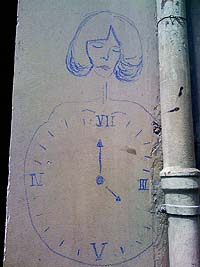 my fingers in her louse-ridden hair, risking my own contamination, putting on a happy it’s-all-gonna-be-fine face so as not to distress her, gently goading her on while she otherwise lollygagged through her homework so that her humorless and unsympathetic French teacher wouldn’t punish her. This is when she chooses to inform me that she doesn’t need the morning cuddle anymore? Like it’s all been some kind of favor when she crawls in bed with me and De-facto in the morning – much less frequently it occurs to me now that she’s mentioned it – she’s been merely gracing us with her cuddling presence?
my fingers in her louse-ridden hair, risking my own contamination, putting on a happy it’s-all-gonna-be-fine face so as not to distress her, gently goading her on while she otherwise lollygagged through her homework so that her humorless and unsympathetic French teacher wouldn’t punish her. This is when she chooses to inform me that she doesn’t need the morning cuddle anymore? Like it’s all been some kind of favor when she crawls in bed with me and De-facto in the morning – much less frequently it occurs to me now that she’s mentioned it – she’s been merely gracing us with her cuddling presence?
“I suppose this is as good a time as any to change our routines,” I said, swallowing a lump I’d discovered in my throat. “But you know, you’re always welcome. For the morning cuddle. If you change your mind.”
Little vermin. Doesn’t she know I’m not ready to get her out of my hair?
